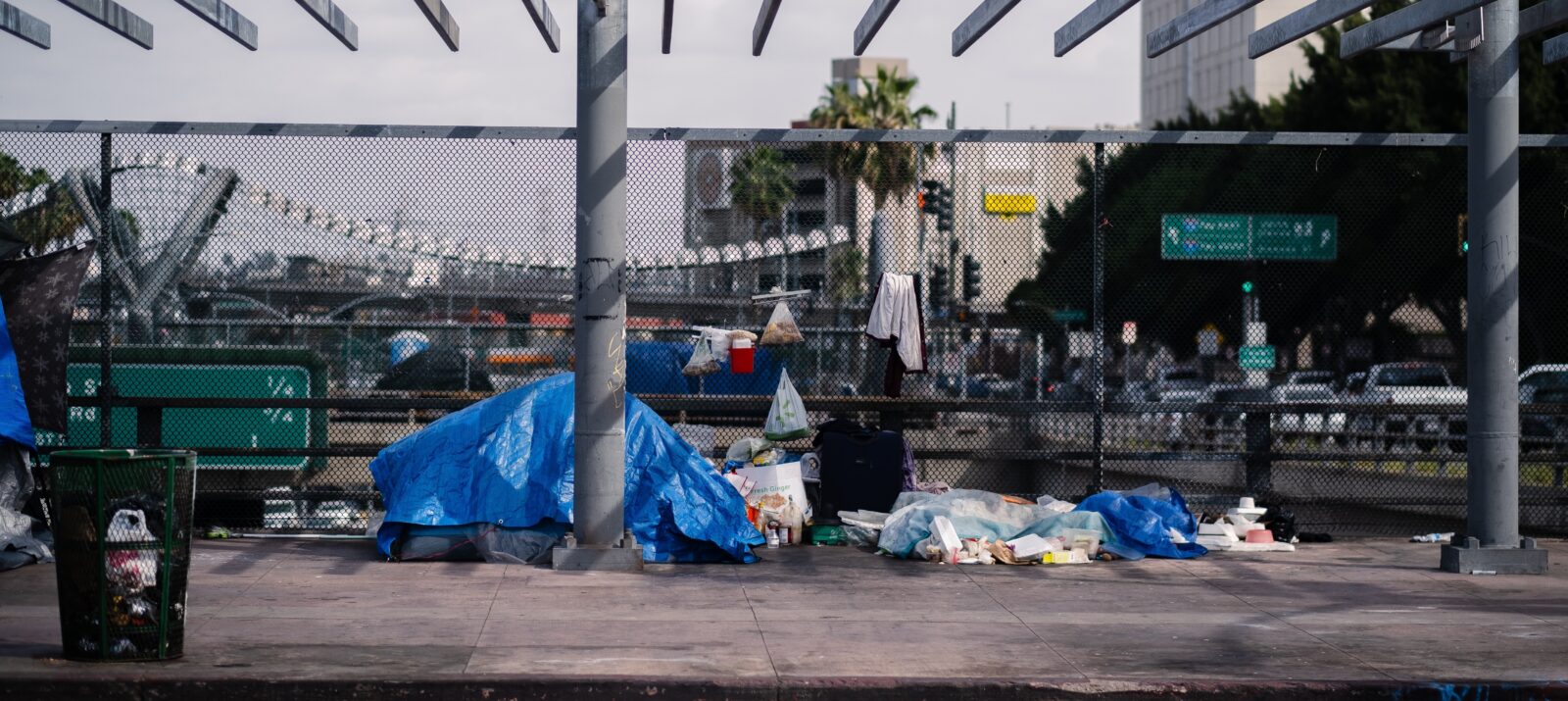The Latest Obama Promised to End Homelessness This Year
The former president’s ‘housing first’ policy has been a dismal failure. Published at The Wall Street JournalIt may be hard to believe looking at the current state of major American cities, but 2023 was supposed to be the year that all types of homelessness would be eradicated. That’s what the Obama administration promised when in 2013 the Department of Housing and Urban Development formally changed the federal government’s homelessness policy to “housing first,” under which homeless people receive federally funded housing vouchers with no strings attached. Things haven’t panned out as the administration planned.
Team Obama ignored a harsh reality of homelessness: It is overwhelmingly a problem of untreated mental illness and substance-use disorder. California Policy Lab, a nonpartisan research institute at the University of California, found in 2019 that 78% of the homeless population in America reported having mental-health conditions, and 50% said mental illness contributed to their loss of housing. Additionally, 75% of the homeless said they struggled with substance abuse, and 51% said drug or alcohol use contributed to their loss of housing.
Before the 2013 change, HUD geared its approach to homelessness to deal with this complexity. Though the agency doesn’t deal directly with homeless people, it does provide the bulk of the government funding dedicated to helping them. This money is given to governmental agencies that are part of the Continuum of Care program. These are quasilocal entities that are sometimes managed by local government departments. But what HUD says goes, since that’s where most of the money comes from.
Continue Reading at The Wall Street Journal